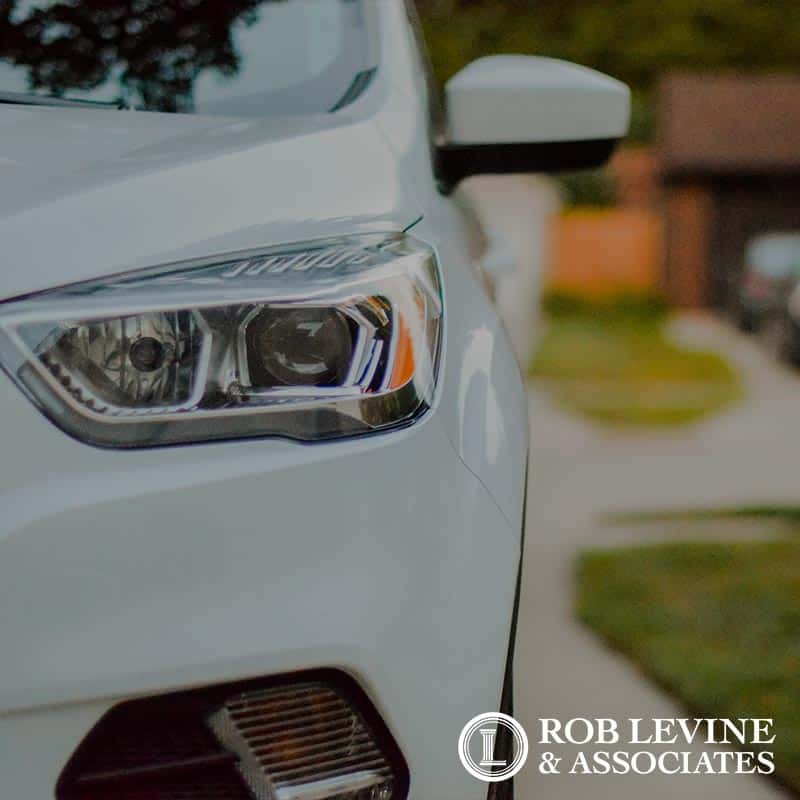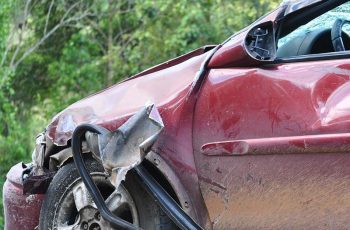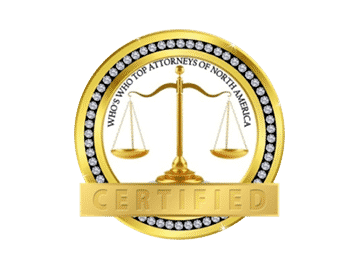Knowing Your Auto Insurance Coverages
A lot goes into deciding on auto insurance coverages, and it can be confusing at times. There are several different options for coverages and limits. There are several different types of coverages available on an auto policy. There is liability, uninsured motorist, underinsured motorist, collision, rental, comprehensive, medical payments, and personal injury protection benefits. Not all coverages are required or even available in every state. It is important to know what is required and what is optional in your state.
Let’s break it down.
Liability Insurance
Liability insurance is mandatory in almost every state. The liability insurance of the at-fault party covers the damages, both injury and property damage, for all parties involved in the accident, except for the at-fault party. This means if you are the cause of a motor vehicle accident, your liability insurance will pay for the damages to the other parties involved. Not you.
In Rhode Island, automobile owners are required to carry bodily injury liability limits of $25,000 per person and $50,000 per accident. This means that there is coverage up to $25,000 for damages sustained by a single person. If more than one person is involved in the accident there is coverage up to $50,000 for damages sustained for all parties involved in the accident, but no one person will be able to recover more than $25,000.
In Massachusetts and Connecticut, automobile owners are required to carry bodily injury liability limits of $20,000 per person and $40,000 per accident. This means that there is coverage up to $20,000 for damages sustained by a single person. If more than one person is involved in the accident there is coverage up to $40,000 for damages sustained for all parties involved in the accident, but no one person will be able to recover more than $20,000.
With medical and auto repair bills being far more expensive than we often believe, you may decide to purchase more coverage from your auto insurance carrier. However, keep in mind that higher limits come with a higher premium.
Uninsured/Underinsured Insurance
Uninsured motorist coverage, commonly referred to as UM, is used when someone is involved in an accident with a driver who does not have auto insurance. There are two types of UM coverages. UM for bodily injury covers you for personal injuries you sustain in a motor vehicle accident with a driver who has no insurance. UM for property damage covers you for damages to your vehicle if you are involved in an accident with a driver with no insurance.
In Massachusetts, UM for bodily injury is required and UM for property damage is not offered. In Rhode Island, UM for bodily injury and property damage is offered as an optional package coverage. This means if you elect to have UM coverage in Rhode Island, then you would have UM coverage for both bodily injury and property damage. In Connecticut, all drivers are required to have UM for bodily injury, but UM for property damage is optional.
Underinsured motorist coverage, commonly referred to as UIM, is used when someone is involved in an accident with a driver who has insurance, but their policy limits are not high enough to cover all of the damages sustained in the accident. In Massachusetts, UIM can be rejected.
UM/UIM coverage can be used by any blood relative or spouse who resides in your household.
Collision
Collision coverage is optional coverage available through your insurance carrier. Collision coverage will cover the cost of repairs to a vehicle that is involved in a motor vehicle accident, regardless of who is at fault. This means that if you are the cause of the accident, you can have your vehicle fixed using your collision coverage. However, collision coverage does not cover intentional acts.
Quite frequently, collision coverage has a deductible. This means that the policyholder is responsible for paying that portion of the repairs, anything over the deductible amount will be paid by the insurance company. Keep in mind, the lower the deductible is, the higher your monthly rate will be.
When you are involved in an accident and another party is at fault, you can elect to use either your collision coverage or the other driver’s insurance. Typically the fastest way to get the vehicle repaired is to go through your own collision coverage if you have it. If you have a deductible on your collision coverage and are found to not be at fault for the accident, your insurance company will reimburse the deductible.
Rental Insurance
Rental insurance is optional coverage available through your insurance carrier. Rental insurance will cover the cost of a rental car while your car is being repaired. Be sure to check with your carrier to know how much they will cover per day and for how long.
Comprehensive
Comprehensive is an optional coverage that covers damages to your vehicle caused by anything other than an accident. This includes damage from an animal, if the vehicle is stolen, vandalism, or weather storms. While comprehensive covers your vehicle if it is stolen, it does not cover stolen items from the vehicle. Also, comprehensive will not cover intentional acts.
Like collision coverage, comprehensive typically has a deductible. Auto insurance deductibles are per incident, so every time you hit a deer or a tree falls on your vehicle, the deductible needs to be met again.
Medical Payments
Medical payment coverage, also known as medpay, is an optional coverage in Connecticut, Massachusetts, and Rhode Island. Medpay coverage is available in different amounts through your auto insurance and will cover medical bills. Medpay can be used by any blood relative or spouse who resides in your household. For example, if you are involved in a car accident and do not have medpay on your auto policy, but you live with your father who does have medpay on his auto policy you can use your father’s medpay to help with your medical bills.
If you elect to purchase medpay coverage, you are not required to use that coverage in Massachusetts and Rhode Island. In Connecticut, you are required to use your medpay coverage if you have it.
Personal Injury Protection Benefits
Personal injury protection benefits, also known as PIP, are required in thirteen states, Massachusetts being one of them. PIP is a form of no-fault insurance. PIP benefits will be paid regardless of who is at fault for the accident. PIP benefits travel with the vehicle, so if you are a passenger in a vehicle that has PIP benefits you would be able to use those. Also, if you are a pedestrian or a bicyclist hit by a vehicle with PIP benefits, then those will be provided to you through that vehicle’s insurance company.
PIP will pay for medical expenses, lost wages, funeral expenses, and replacement services. PIP will pay for 75% of a person’s average weekly wage; the remaining 25% can be recovered from the other driver’s insurance company. Replacement services are paid by PIP when a person has to pay for someone to do tasks that they normally would do, but cannot, due to their injuries sustained in the accident. For example, if you are a “stay at home “ mother or father, and due to the accident you are unable to provide that child care and have to hire someone to take care of your children, PIP will pay for that. PIP will not pay for a vehicle replacement, such as a rental car.
A lot of people ask how much PIP will pay. That depends on the type of health insurance you have. If you have state or federal health insurance, i.e. Masshealth, Medicaid, or Medicare, or you have no health insurance, PIP will pay for the first $8,000. If you have private health insurance, i.e. through your employer or your spouse’s employer, PIP will pay for the first $2,000. Once the $2,000 in PIP benefits have been exhausted, health insurance will pay for the remainder of your bills. If your health insurance does not cover a bill, PIP will pay up to $8,0000. You will need to prove to your PIP carrier that your health insurance has denied payment on a bill in order for them to cover the bill. Once you have exhausted your PIP benefits, medical bills will be paid by your health insurance.
Not sure what coverages you have or may need? You can contact your insurance company to obtain a copy of your declaration page. The declaration page will list all of the coverages that you have and what the limits are for those coverages. Hopefully, with this quick breakdown, you may now better understand the coverages that are often quickly rattled off by your insurance provider over the phone.












